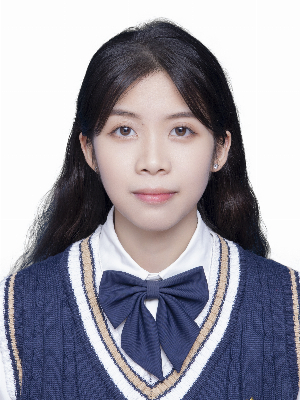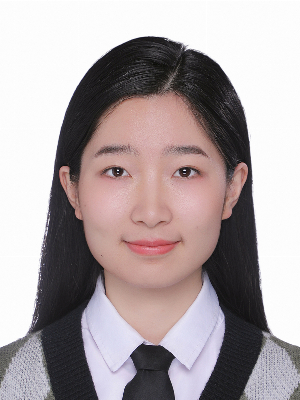Students Perspectives on Digital Equity & AI Literacy
Seattle Convention Center - 614
This presentation explores insights from a recent cultural exchange and conference in Nanjing, China, where graduate students in colleges of education from Bangladesh, China, the United States, and Nigeria engaged in discussions on digital equity and artificial intelligence (AI) literacy. Attendees of our session will gain a clear understanding of the barriers to equitable AI literacy across socioeconomic, cultural, and technological contexts, as well as strategies to overcome these challenges. We will also introduce an inquiry-based learning framework designed to integrate AI literacy into standards-based instruction, applicable across disciplines. Participants will leave with actionable pedagogical strategies to foster inclusivity and empower learners in navigating AI-enabled learning environments.
Panel (50 Minute)
Artificial Intelligence, Engagement, Media/Information/Digital Literacy
All Audiences
All levels
Grades 6-8, Grades 9-12, Postsecondary
Presented by

Graduate Student
Nanjing Univerisity of Information Science and Technology
Gao Shuang, an EFL Master's student, is ardently engaged in integrating AI into language teaching. Her research focuses on leveraging technology for better language acquisition, stressing digital equity and AI literacy. Committed to educational equality, she aims to make learning more accessible and effective. Her work targets leveraging digital and AI tools to enhance language learning and cross-cultural communication, thus advancing educational innovation and equity.

Graduate Student
Nanjing University of Information Science and Technology
Song Jingru is a second-year postgraduate student in English as a Foreign Language (EFL) with a keen interest in integrating digital technology into language education, especially in the application of value-added assessment. Her academic focus includes exploring the intersections of AI, digital equity, and EFL teaching methodologies. Passionate about cultivating inclusive and equitable learning environments, she is committed to leveraging technology to close the gaps in language education accessibility. Throughout her studies, she has been dedicated to driving forward innovative and equitable educational practices, aiming to positively impact the language education field.

Professor of Curriculum and Instruction, Chair of Digital Education
Seattle Pacific University
Dr. David Wicks is Professor of Curriculum and Instruction at Seattle Pacific University. He is also Professor of Teacher Education at Nanjing University of Information Science & Technology. During his career, he has been a HS school tech teacher, university computer science lecturer, school district tech facilitator, multimedia author & project manager for an edtech company, and director of instructional technology for SPU. His research interests include global education, online and blended learning, and artificial intelligence pedagogy. His research explores how students and educators perceive experiences in digital learning environments. David is the Higher Education Rep on the NCCE Board.

Graduate Student
Nanjing University of Information Science and Technology
Xu Binbin is a first-year postgraduate student in English as a Foreign Language (EFL), passionate about integrating AI into language teaching. Her academic focus lies in exploring how to enhance language learning through technology while also emphasizing digital equity and AI Literacy. Committed to bridging educational gaps, Xu Binbin aims to make learning more accessible and effective for all. By leveraging AI, she strives to transform traditional EFL teaching and ultimately contribute to the advancement of language education and cross-cultural communication.
